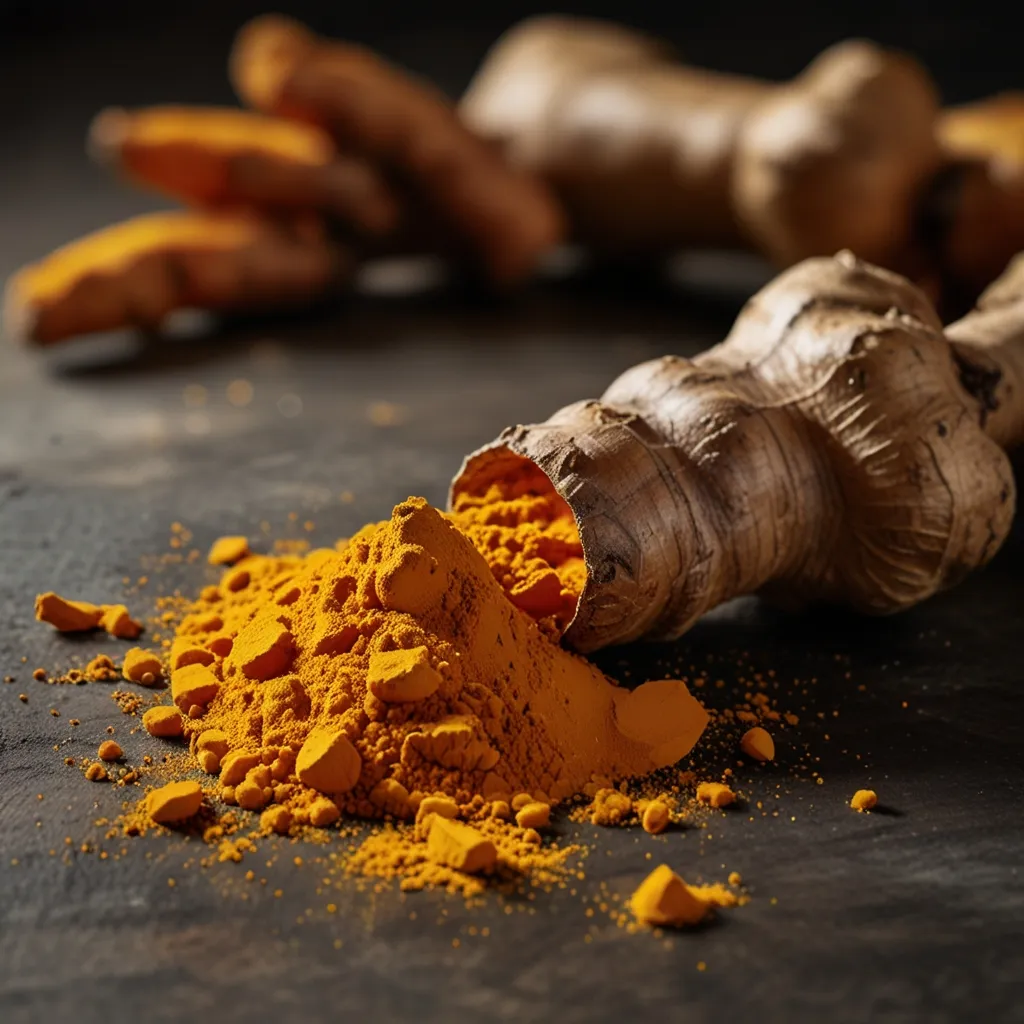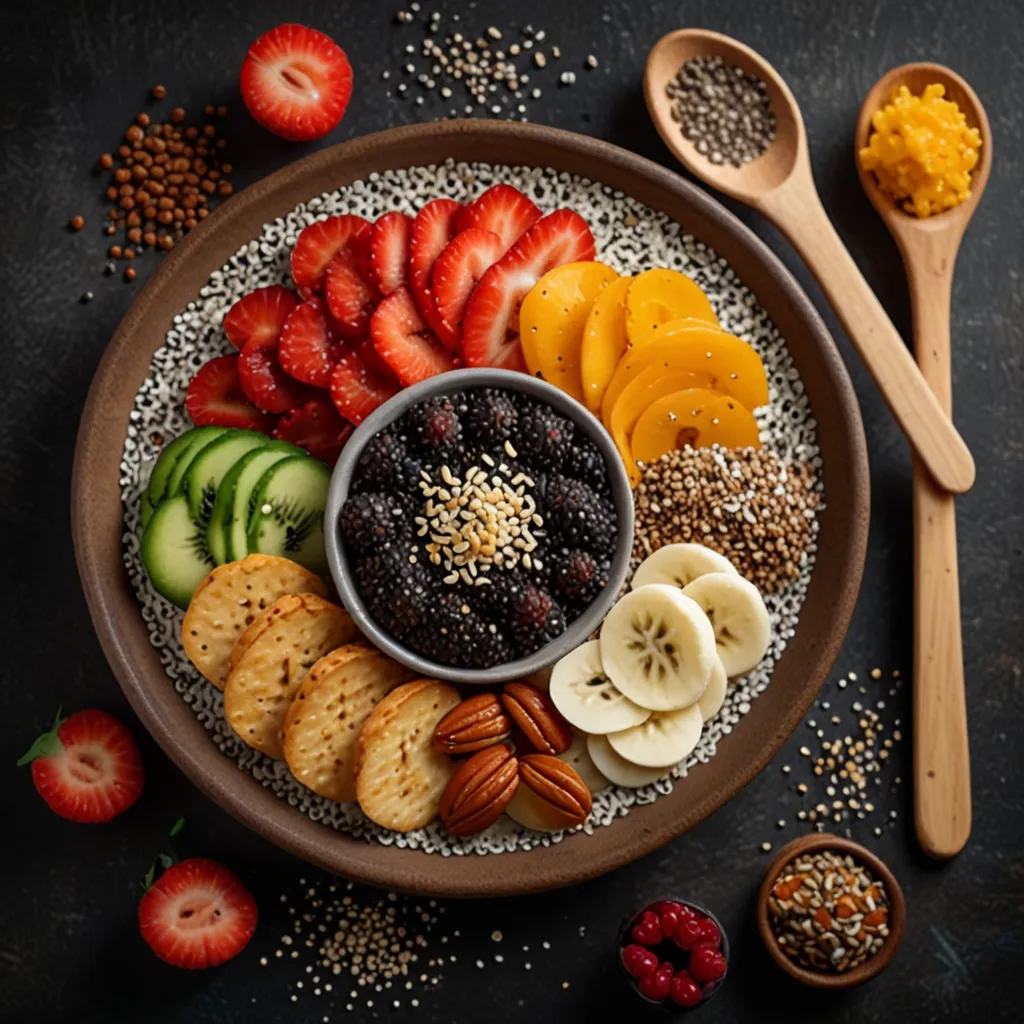Lowering the risk of stroke isn’t just a lofty health goal—it’s something we can actively work towards every day. There are practical, everyday steps we can take that make a huge difference as we age. Plus, most of them are pretty simple and can even improve our overall well-being. Let’s break it down.
First off, high blood pressure is a major stroke risk factor. Think of it like an over-inflated balloon; sooner or later it might pop. Keeping your blood pressure in check involves a mix of medication, a mindful diet, and exercise. Regular check-ups with your healthcare provider can catch any spikes before they become serious. It’s all about staying ahead of the game.
Diabetes is another key player. High blood sugar doesn’t just make you feel awful in the short term; it also wrecks your blood vessels over time, increasing the risk of stroke. A balanced diet, regular exercise, and sticking to your meds can help keep diabetes under control. It’s like keeping your car fine-tuned to avoid breakdowns later.
Then there’s cholesterol. Specifically, high levels of LDL (the bad cholesterol) can clog up your arteries with plaque, like gunk in a drain. This buildup can eventually lead to a stroke. The fix? Eating a heart-healthy diet, cutting back on saturated fats, and getting regular exercise can help lower those cholesterol levels.
Atrial fibrillation, or an irregular heartbeat, is another thing to watch for. If you’ve got it, your healthcare provider might suggest medications or other treatments to help manage it. It’s about keeping everything ticking along smoothly.
Living a healthy life overall makes a massive difference too. The Mediterranean diet, packed with whole grains, fruits, veggies, and healthy fats, is one of the best ways to protect yourself. It focuses on whole foods and keeps processed, high-sodium items to a minimum. Think of it as feeding your body premium fuel instead of junk.
Exercise is crucial. Aim for at least 150 minutes of moderate exercise each week. It doesn’t have to be hardcore gym sessions—brisk walking, cycling, or swimming gets the job done. Even small bursts of activity throughout your day can add up.
Maintaining a healthy weight is just as important. Extra pounds, especially around the midsection, can raise your stroke risk. Pair a balanced diet with regular exercise to help manage your weight. It’s a two-pronged approach to feeling great and staying healthy.
We all know smoking is bad news, but it’s particularly harmful when it comes to stroke risk. Smoking damages your blood vessels, making you more vulnerable. Quitting isn’t easy, but it’s one of the best things you can do for your health. The same goes for heavy drinking; keep it moderate to avoid pushing your blood pressure up and inviting other health problems.
Stress management is a biggie, too. Chronic stress can make your blood pressure skyrocket, which isn’t doing you any favors. Activities like meditation, yoga, or even just deep breathing can help keep stress in check. It’s about finding time to unwind and reset.
Knowing the signs of a transient ischemic attack (TIA), often called a mini-stroke, is also crucial. TIAs can be a warning sign of a full-blown stroke, so recognizing them and getting medical help ASAP is vital. Remember the acronym FAST: Face drooping, Arm weakness, Speech difficulty, Time to call 911. If these symptoms show up, don’t hesitate to seek help.
One of the best things you can do for your long-term health is staying informed. Regular health check-ups can catch issues early when they’re much easier to treat. It’s about being proactive rather than reactive when it comes to your health.
By incorporating these steps into your daily routine, you can massively cut your stroke risk. It’s all about making conscious, healthy choices. Remember, prevention is always better than cure. Start making these changes today, and your future self will thank you.






